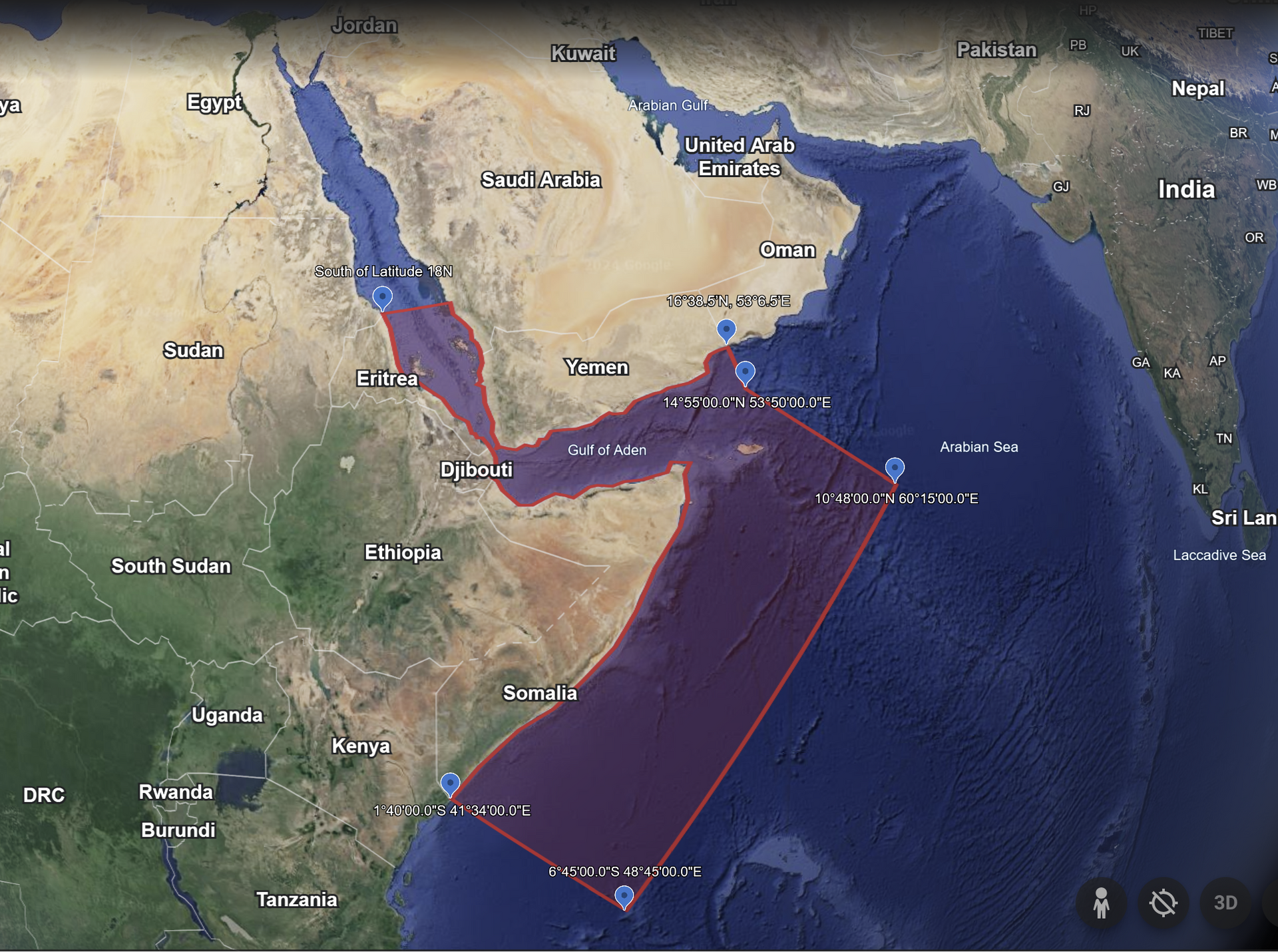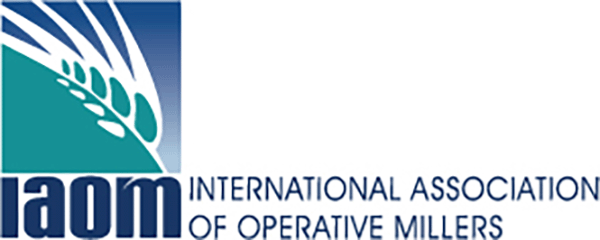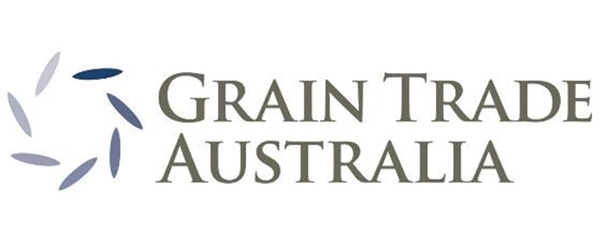Navigating Through Troubled Waters: Adjusting to New Insurance Realities Amidst the Red Sea Crisis
Navigating ocean freight is an intricate task. It isn’t as simple as auguring grain into a boat and you are on your way. It requires a specific set of skills and knowledge and is a time consuming task at the best of times. Navigating ocean freight during the ongoing conflict in the Red Sea is even harder. It has not only disrupted global shipping routes but has also led to significant changes in the maritime insurance landscape. A recent announcement from several leading insurers underscores the evolving nature of risk and coverage in this strategically important region. Several insurers have issued a 7-day Notice of Cancellation for all War and Strikes risks in specific areas of the Red Sea and surrounding waters, affecting their Combined Annual Cargo policies. This decision reflects the heightened risk profile and underscores the insurance industry's cautious approach to the escalating tensions. It also highlights the importance of having the right people to assist in the process.
What does the 7-day Notice of Cancellation mean?
This means that insures are issuing their notices on say the 20th of March and advising that cover will cease on the 27th of March. The reason for this is to ensure businesses have time to make other arrangements.
Understanding the implications?
The areas affected by the cancellation are geographically defined, encompassing key parts of the Red Sea and adjacent waters. This move by the insurers highlights the insurance industry's response to the increased risk of war and strikes in the region, with the potential for a significant impact on shipping operations and global trade.

Image caption: example of geographically defined location affected by cancelation.
Note: While one insurer has indicated that restrictions to cover apply within the specified Geographical Coordinate System (GCS), it is crucial for stakeholders to consult directly with their respective insurers. This ensures the most accurate and up-to-date information regarding the commencement points for individual restrictions of cover.
For charterers and ship operators, this development signals a critical shift. Most insurance policies that previously covered War and Strikes risks in these areas have had this coverage cancelled. Reinstatement of coverage is contingent upon discussions with insurers and may require the payment of additional premiums.
Precautions and Steps Forward for Charterers
Given these changes, it is essential for charterers to consider the following steps:
- Enhanced Risk Assessments: Continual monitoring and reassessment of the geopolitical landscape are crucial. Charterers should stay informed about the latest developments in the region and adjust their operational plans accordingly.
- Route Alteration: Consideration of alternative routes is advisable, despite potential increases in travel time and fuel costs. The safety of the crew and cargo should be paramount, with decisions made based on comprehensive risk analyses.
- Security Enhancements: Implementing additional security measures, such as onboard security personnel or adherence to Best Management Practices for Protection against Based Piracy (BMP5), can help deter attacks. For more information on BMP5, follow this link.
- Insurance Review: Engaging with insurers to ensure that policies adequately cover the specific risks associated with the Red Sea transit is essential. This includes clarifying any exclusions and understanding the extent of coverage for piracy, terrorism, and related perils.
- Crisis Management Preparedness: Developing and regularly updating crisis management plans, including crew training on emergency procedures, is vital. Effective communication strategies and coordination with international maritime security forces can enhance response capabilities in the event of an incident.
- Collaboration and Information Sharing: Participating in industry-wide information-sharing initiatives can provide valuable insights into potential threats and best practices for navigating the region safely.
Conclusion
The Notice of Cancellation by insurers is a stark reminder of the complexities and risks of operating in geopolitically sensitive areas like the Red Sea. It underscores the need for charterers to be agile, informed, and proactive in managing risks and insurance coverage. As the situation evolves, the maritime industry must navigate these challenges with a strategic approach, balancing operational needs with the imperative to ensure the safety of vessels, crews, and cargoes. Adapting to the new insurance realities is not just about managing costs but about ensuring continuity and resilience in the face of unprecedented challenges.
When engaging Basis Commodities to assist with your export needs, you are also gaining the many years’ experience in managing insurance and the risks associated with chartering freight into the Middle East from our partners HMD Insurance and MR Shipping. To learn more about our service offering, give the Basis Commodities team a call on the details below.
Chris Whitwell
Sydney, Australia
M:
+61 419 833 356
E: Chris@basiscommodities.com
Steven Foote
Sydney, Australia
M: 0408 308 908
E: steven@basiscommodities.com
Nader Hassan
Dubai, UAE
M: +971566915688
E: nader@basiscommodities.com
Musab Diab
Dubai, UAE
M: +971568303164
E: musab@basiscommodities.com
Contact Us
Share This Article
Other articles you may like
Sign Up
Enter your email address below to sign up to the Basis Commodities newsletter.








